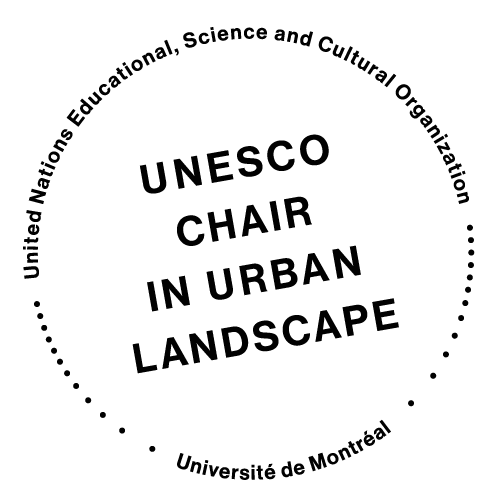AI & Cities
Safer artificial intelligence by design for inclusive cities

Our projects are co-created with citizens, organizations, and municipalities. This way, we generate knowledge that is inclusive, applied, and transformative—ensuring communities remain at the center of innovation and urban change.
We bring together design & planning, social & human sciences, and natural sciences & technology. We adopt best practices of interdisciplinary research and transdisciplinary knowledge production and communication.
We advance knowledge through making and experimentation. By blending design, science, and art, we generate critical and imaginative responses to urban challenges, producing outcomes that are both scholarly and transformative for communities and institutions alike.
Partnership projects are designed to create large, collaborative research networks that bring together communities, universities, governments, and industry. Rooted in a community-focused and intersectoral approach, these initiatives foster dialogue across disciplines and sectors while valuing creativity and research-creation as drivers of knowledge. They are built to address pressing global challenges at the intersection of our research axes by acknowledging the complexity today's challenges and the need for collective action. By mobilizing diverse expertise and perspectives, partnership projects generate innovative, inclusive, and transformative solutions that extend beyond academia to have tangible impacts on society and the environment.
Safer artificial intelligence by design for inclusive cities
Fostering biodiversity & social inclusion along continental rivers
Principal projects are initiated and led by the UNESCO Chair in Urban Landscape. They embody our philosophy of being community-focused, intersectoral, and creative, while contributing directly to one or more of our three research axes: biodiversity, social inclusion, and digitization. Funded by major granting agencies, government bodies, or institutions, these projects advance both fundamental and applied knowledge. They generate innovative practices, policy insights, and design tools that strengthen our collective capacity to respond to urgent urban and ecological challenges, while also positioning the UNESCO Chair as a leader in research-creation for sustainable and inclusive urban futures.
Measuring the social inclusion of public space using AI
Generating inclusive AI representations of public spaces
Promoting exemplary modest design projects in Montreal
Crafting sustainable neighborhoods along the Mekong River
Mitigating the visual impact of 60 000 5G antennas in Montréal